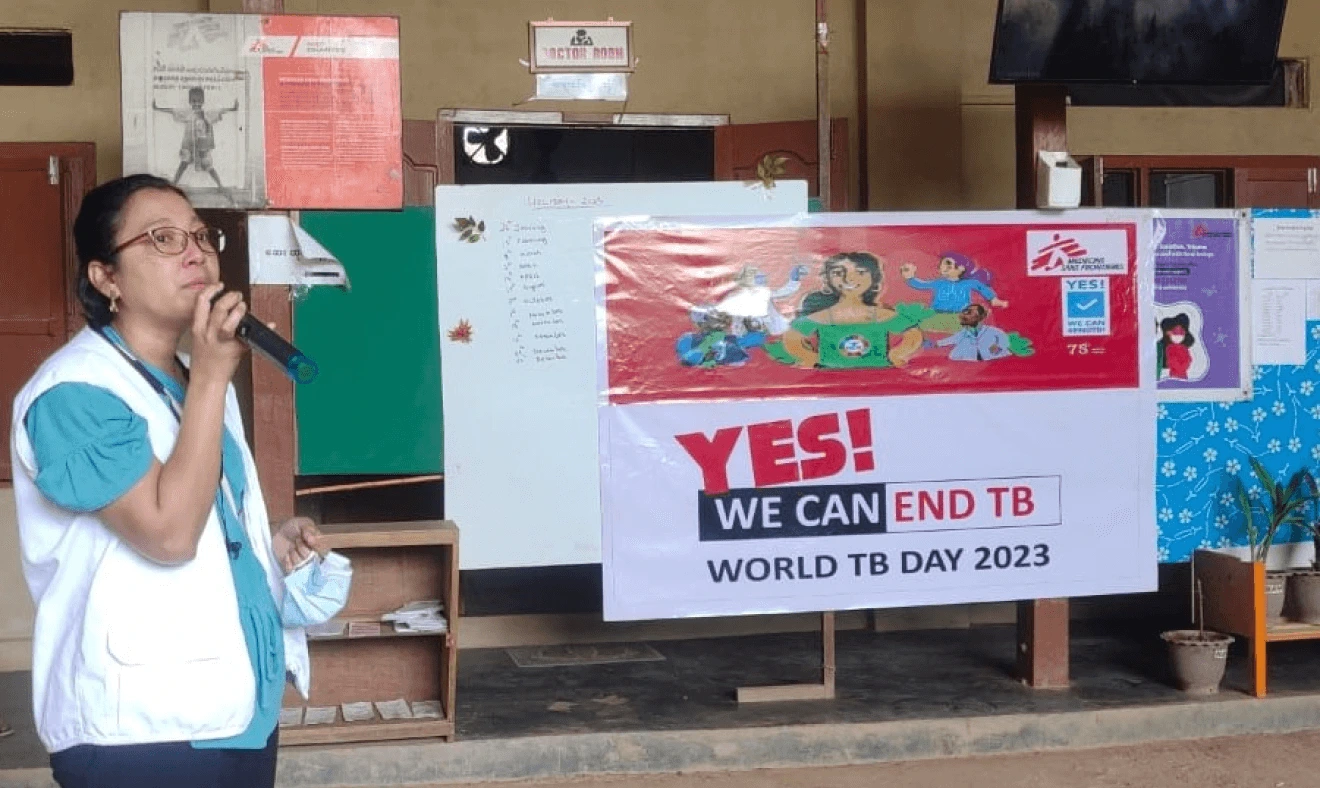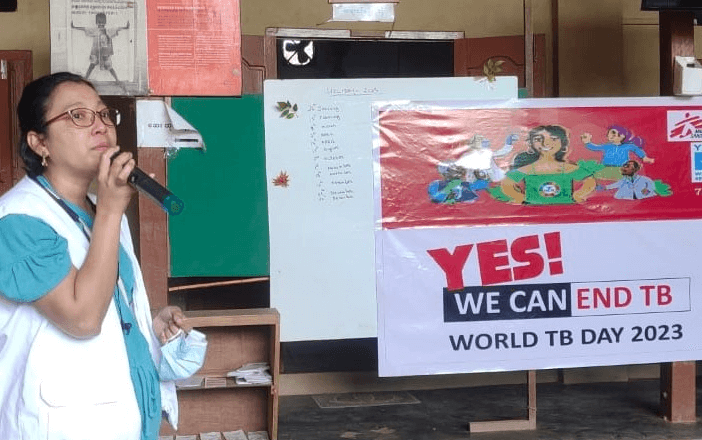From the Executive Director
What are you likely to think of when we talk about natural disasters? Maybe a lot of big numbers, like tens of thousands of casualties, millions of US dollars that the local government allocated for disaster response. Or you might think of the shocking photos of cities damaged by an earthquake or typhoon. Living in Hong Kong, we are seldom hit directly by severe natural disasters, so they always seem a bit distant from us.
Behind those horrifying numbers, there is real flesh and blood suffering - people have urgent medical needs and long-term, complicated health issues. We see different medical needs at different stages after a disaster, from immediate medical aid, rebuilding medical facilities, to services like long-term mental health support. All of these efforts to recover from the damage require enormous amounts of resources and coordination. Taking the earthquake in Türkiye and Syria in February this year as an example, MSF focused on helping local hospitals to treat the influx of casualties during the “72-hour golden window” rescue period. After that, we also responded to many other medical needs, such as mental health support and providing regular medical services.
MSF provided support to set up three psychosocial and living centers in three provinces in Türkiye. These are a ‘safe haven ‘ open to all people, especially to women and girls. People can access different kinds of support in this warm and safe place. Psychologists and psychiatrists could also conduct individual sessions there. This is one of the examples of how MSF provides support in a longer term in the aftermath.
In recent years, natural disasters happen more frequently and cause more damage due to the worsening climate change. If those affected areas are suffering from poverty, conflicts or other problems, they will be even more vulnerable to these “super natural disasters”. MSF responds to urgent medical and humanitarian crises in more than 70 countries, and has repeatedly witnessed the global impact of climate change. Natural disasters are no longer a far away problem; every one of us will be affected.
This year, the theme of MSF Day is “Uncovering stories of hope and courage amidst natural disasters “. Through the stories we hope you can feel closer to the lives of survivors of natural disasters and help us respond to their needs. I sincerely encourage every one of you to join MSF Day and support those victims with us together.





